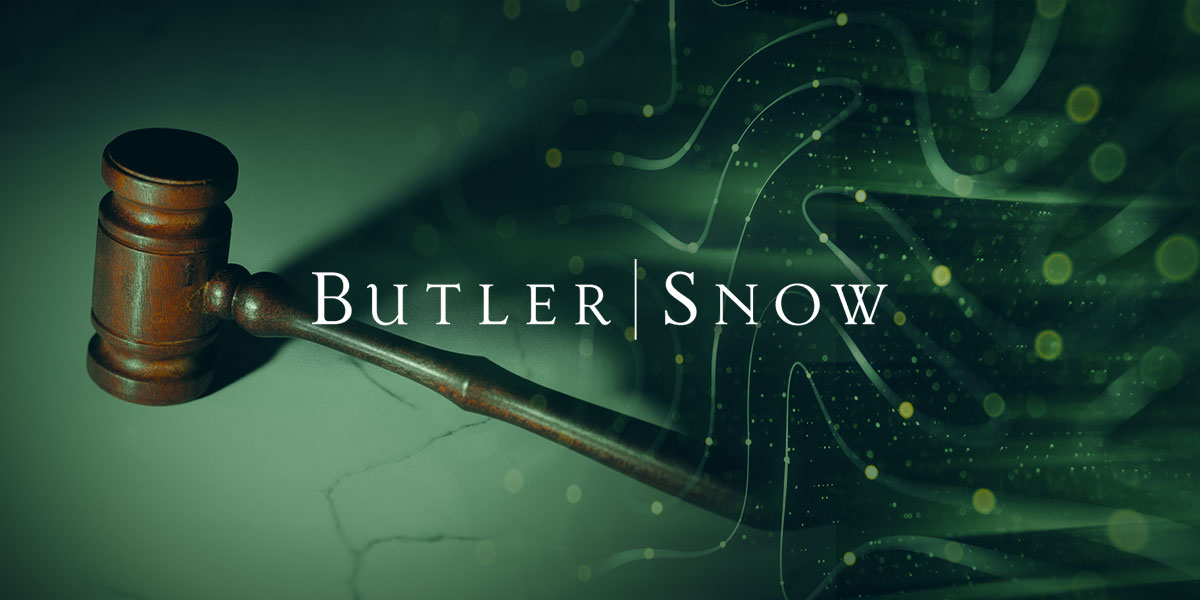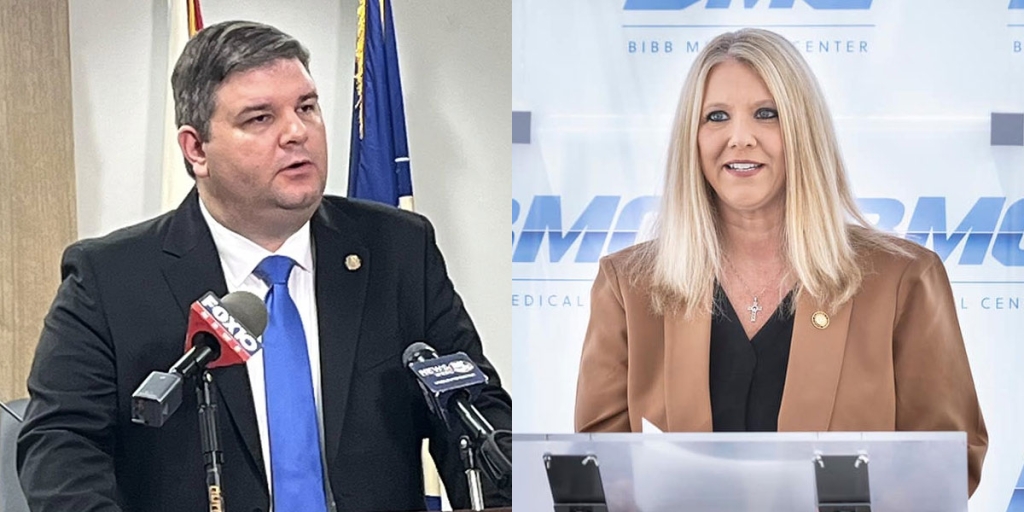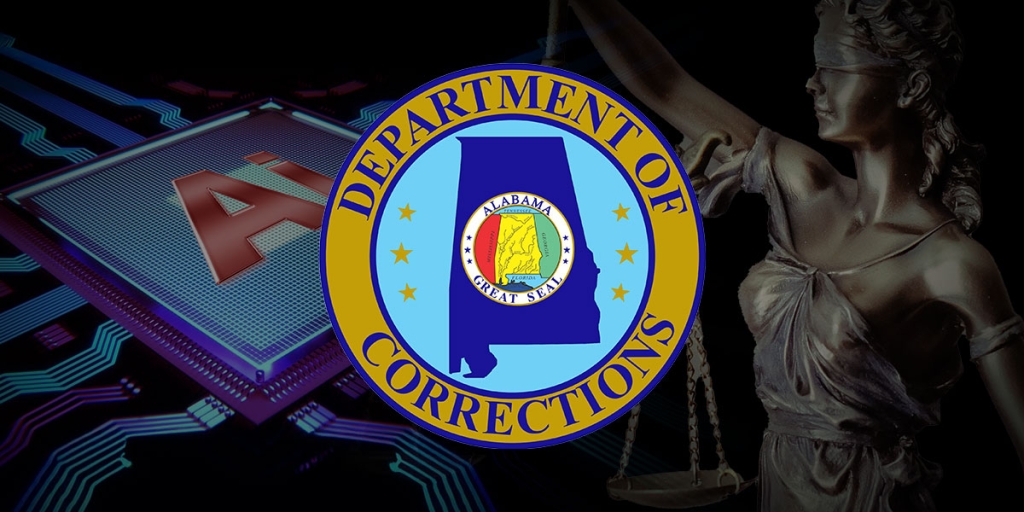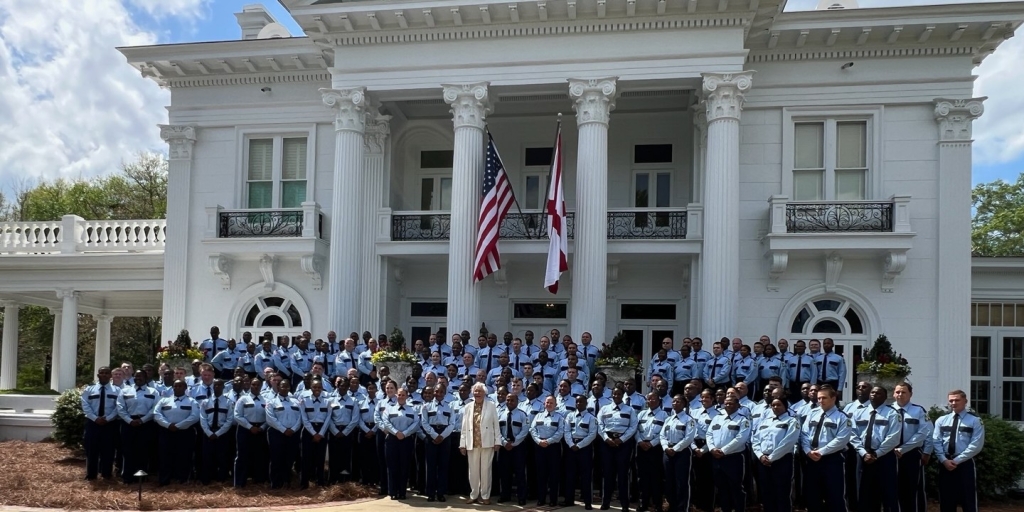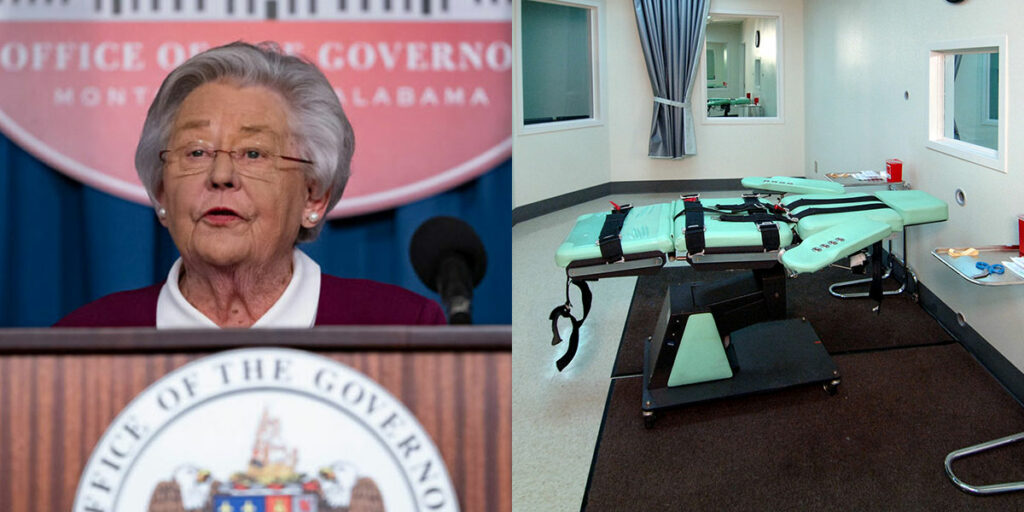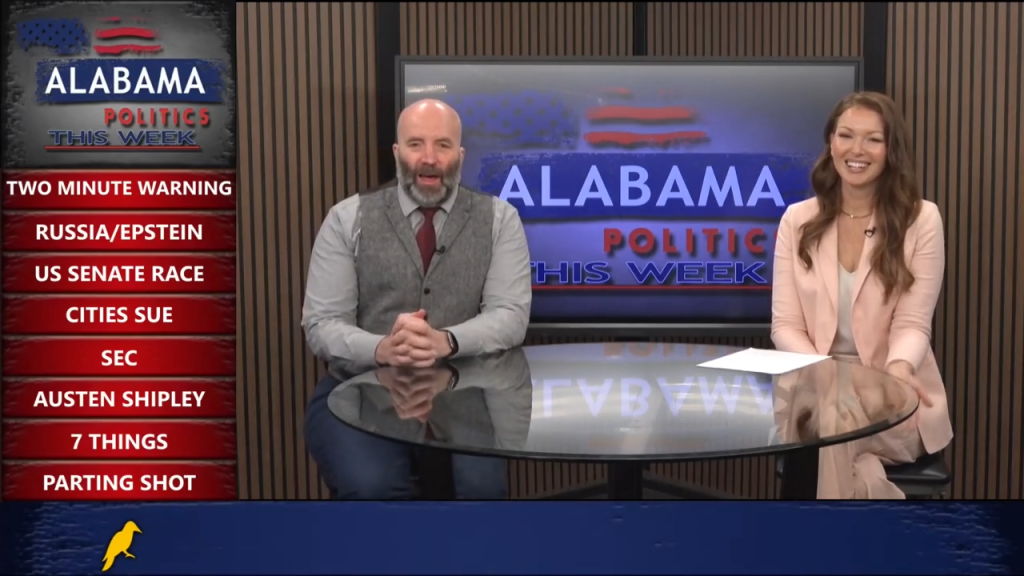Three attorneys at Butler Snow LLP have been formally sanctioned by U.S. District Judge Anna Manasco of the Northern District of Alabama.
The trio of lawyers allegedly submitted ChatGPT-generated case citations in defense of the Alabama Department of Corrections during litigation proceedings.
Manasco issued an order condemning the actions of Matthew Reeves, William Cranford, and William Lunsford on Wednesday. The order will reportedly be reviewed by the Alabama State Bar. Lunsford has been paid millions by the state to defend ADOC in multiple lawsuits.
“Fabricating legal authority is serious misconduct that demands a serious sanction,” wrote Northern District of Alabama U.S. District Judge Anna Manasco. “In the court’s view, it demands substantially greater accountability than the reprimands and modest fines that have become common as courts confront this form of AI misuse.”
RELATED: Bogus, possibly AI-generated citations land top Alabama prison lawyer in hot water
The judge referenced the attorney’s actions, citing an ‘utter disregard’ for their legal responsibilities.
“Like Mr. Cranford and Mr. Reeves, Mr. Lunsford simply assumed the truth of what was in the draft, and/or assumed that someone else would check on that,” Manasco continued. “This is the same indifference to the truth and complete personal disinterest in the most basic professional responsibility that Mr. Cranford displayed. Particularly in the light of Mr. Lunsford’s roles as practice group leader, supervisory attorney, and partner — and the reality that he is the only lawyer on the team entrusted with the necessary deputy attorney general designation — this utter disregard for the truth of filings bearing his name in the signature block is particularly egregious, more than mere recklessness and tantamount to bad faith.”
Lunsford, who has been paid millions by the state to defend ADOC in multiple lawsuits, was specifically criticized for attempting to miss a hearing on the matter.
“To be clear, the court’s finding in this regard is not simply a harsh inference: when it became apparent that multiple motions with his name in the signature block contained fabricated citations, Mr. Lunsford’s nearly immediate response was to try to skip the show cause hearing and leave the mess for someone else. And when the court compelled him to appear at the hearing, he paired his apology with an explanation in greater fullness of how very little work he personally puts in to be sure that his team’s motions tell the truth. This cannot be how litigators, particularly seasoned ones, practice in federal court or run their teams.”
According to Manasco’s ruling, a public reprimand and disqualification are an appropriate punishment for the violations, however, no monetary sanctions were issued.
“If fines and public embarrassment were effective deterrents, there would not be so many cases to cite,” Manasco stated. “And in any event, fines do not account for the extreme dereliction of professional responsibility that fabricating citations reflects, nor for the many harms it causes.”
“In any event, a fine would not rectify the egregious misconduct in this case,” she said. “The court finds that (1) a public reprimand paired with a limited publication requirement, (2) disqualification, and (3) referral to applicable licensing authorities are necessary to rectify the misconduct here and vindicate judicial authority. Disqualification fits well: lawyers should know that if they make false statements in court proceedings, they will no longer have the professional opportunity to participate in those proceedings.”
Manasco issued the original order for the attorneys to appear in court in May after lawyers representing Frankie Johnson, an incarcerated man who is suing former Alabama Department of Corrections Commissioner Jeff Dunn, alleged that defense lawyers relied on fictitious legal precedents.
Austen Shipley is the News Director for Yellowhammer News. You can follow him on X @ShipleyAusten




